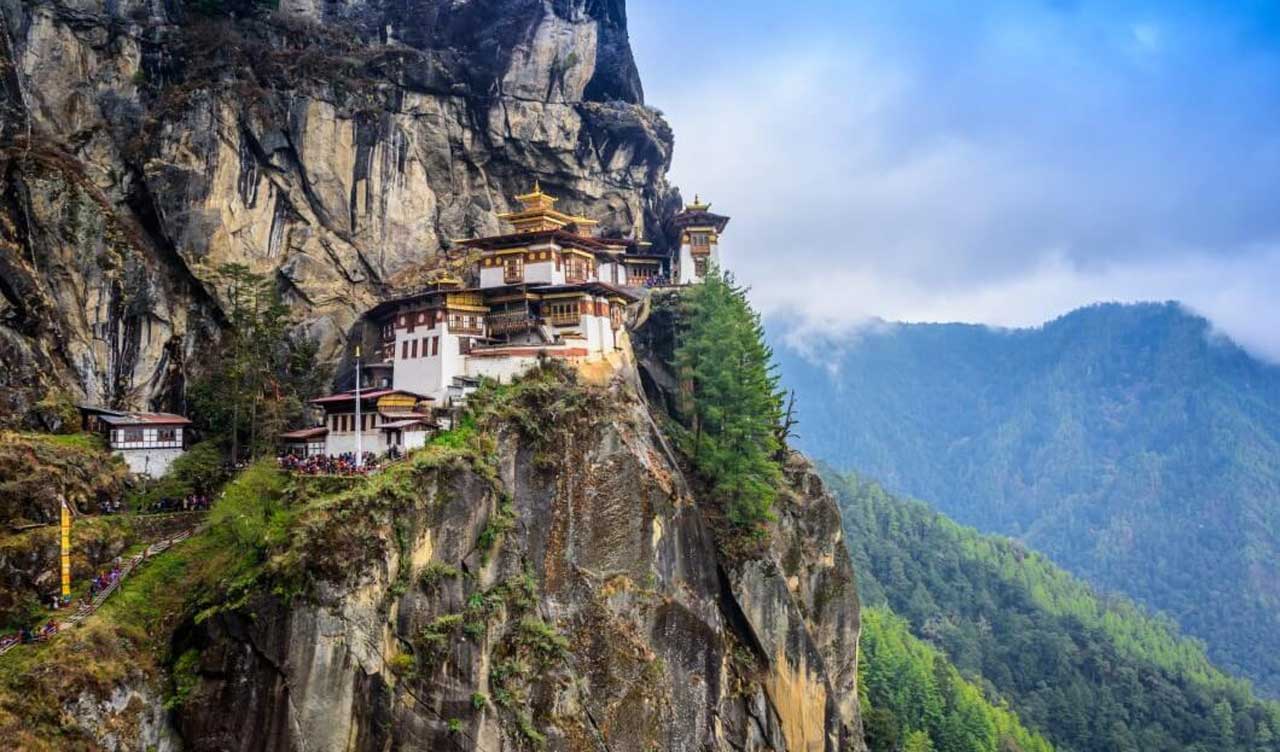Last week, the Bhutan Tourism Board announced that it would reopen its borders to international tourism on September 23rd. However, the country, located in the foothills of the Himalayas, wants to transform tourism by focusing on three areas: improving infrastructure and services, expanding the tourism experience, and making tourism sustainable.
“Covid-19 has allowed us to plan how to structure and manage the tourism sector in a way that is not only economic but also leaves a small social footprint,” said Tandi Dorji, Foreign Minister and Chairman of the Bhutan Tourism Board. “Our long-term goal is to create quality visitor experiences and well-paid professional jobs for our citizens.”
Among the many changes are revised standards for service providers, including hotels, guides, tour operators, and drivers, who will soon go through a stricter certification process before they can offer their services to international tourists. Employees will be required to participate in advanced training and retraining programs to improve the quality of services.
With the growing threat of climate change, Bhutan is also stepping up its efforts to maintain the country’s carbon neutrality and make it an eco-friendly tourist destination. The country is highly vulnerable to the effects of climate change and the frequent rains and floods it causes.
To finance these changes, Bhutan on June 20 increased its sustainable development tax (SDF) from the current $65 to $200 per person per night. This tax should be used directly for measures to promote carbon-neutral tourism and to train workers in the sector. Tourists from India will continue to pay the previously established tax of about $15, which will be increased at a later date.
The reorganization of the tourism sector is part of a general change across the country, from the civil service to the financial sector. These changes aim to develop Bhutan’s human capital by providing people with better skills, knowledge, and understanding.
“Our strategy to reshape the tourism sector takes us back to our roots, to ‘high value, low volume’ tourism, where we meet the needs of tourists while protecting our people, culture, values, and environment,” said Dorji Dhradhul, CEO of the Council for tourism in Bhutan. “Tourism is a strategic and valuable national asset, important not only for those who work in the sector but for all people in Bhutan. Ensuring its sustainability is essential to protect future generations.”

